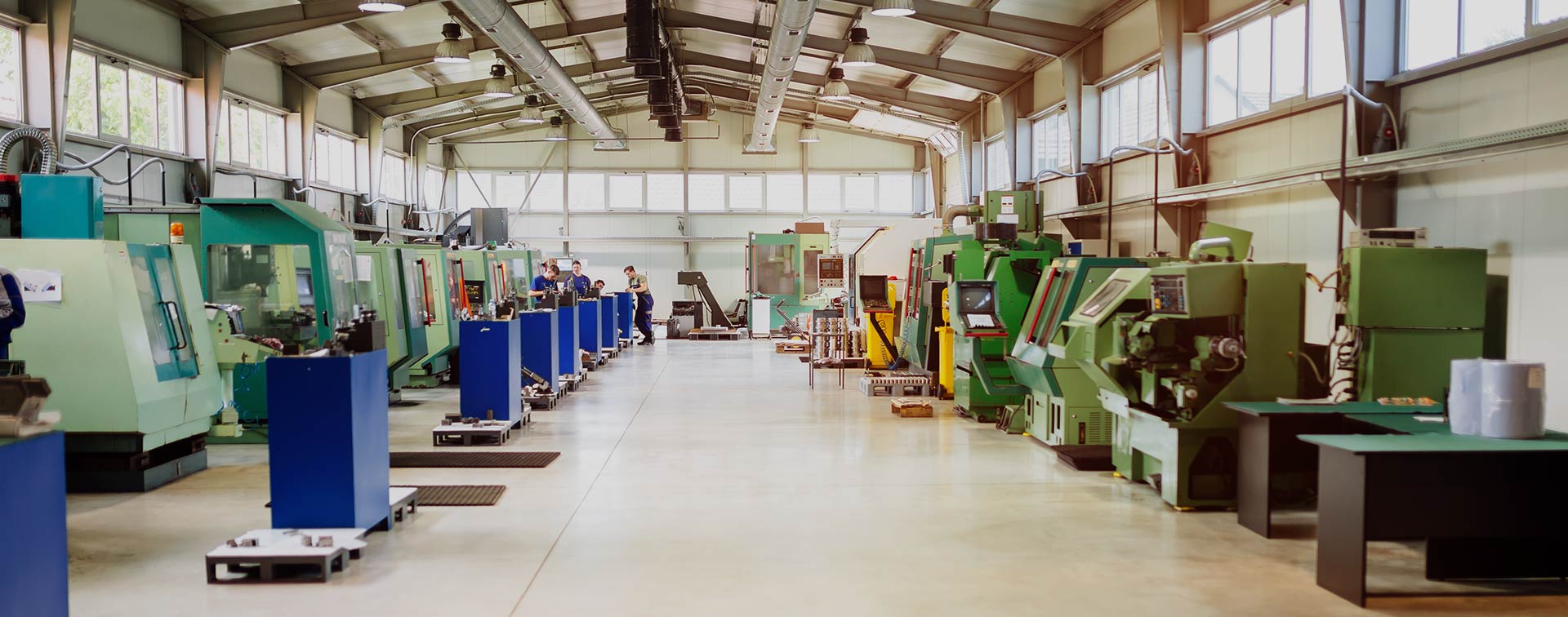The question facing each manufacturer is how to navigate the inevitable challenges in the coming months and years while capitalising on the growth opportunities taking shape. It will take a concerted effort. Most importantly, manufacturers must be willing and able to adapt, replacing the status quo with a strategy tailored to the peaks and valleys that lie ahead.
Of course, making the wrong changes can be even more disruptive than doing nothing at all. Manufacturers must be cautious not to undermine their operations or diminish their value in the pursuit of doing things differently. Likewise, companies must align their transformation efforts with their market, strategy, and means. A one-size-fits-all approach will not work. However, neither will one that’s overly customised.
We hope to find some middle ground between either extreme. In certain areas, all manufacturers, especially those involved with field service, will need to focus their attention to remain competitive. There are also certain operational and strategic solutions that can elevate any manufacturer’s inner workings. The companies that don’t just survive the next decade but become bigger and stronger in the process will follow a similar success strategy. We suggest it looks something like this:
1. Becoming a Data-Driven Business
After years of implementing technology to improve individual parts of production or administration, it’s time to adopt technology that integrates disparate data sources and combines multiple capabilities. Manufacturers that unify data, features, and solutions under one umbrella see significant increases in efficiency, intelligence, agility, and marked gains in innovation. No surprise, then, that digital manufacturers have an advantage over their competition, especially those less tech-mature, and that advantage grows every year. The winners and losers in Australian manufacturing are shifting. Those who come out on top will gain that lead with digital technology more than anything else.
With that mandate in mind, choose technology that centralises as many pieces as possible onto a single platform to share data and synchronise capabilities. The alternative is integrating solutions through APIs, but that link isn’t as robust, flexible, or secure.
Digital manufacturers work with more technology and data but fewer vendors.
2. Address Labour Issues
Australian manufacturing has long struggled to find all the skilled (or even unskilled) workers it requires, and the Covid-19 pandemic only exacerbated that shortage. Public and private sector entities have both made efforts to expand the manufacturing talent pipeline. Still, shortages look likely for years to come and may get worse in many instances. When the demand for skilled workers exceeds the supply, manufacturers must retain their talent, boost their workforce’s productivity, and attract available talent away from the competition.With that mandate in mind, choose technology that centralises as many pieces as possible onto a single platform to share data and synchronise capabilities. The alternative is integrating solutions through APIs, but that link isn’t as robust, flexible, or secure.
Digital manufacturers work with more technology and data but fewer vendors.
NetSuite ERP can be highly advantageous for managing manufacturing businesses’ workforce. This integrated system offers several management benefits, including streamlining employee training, optimising operations, and creating a safer and more efficient work environment. Centralised data plays a critical role in enhancing accountability, enabling precise tracking of actions and decisions while facilitating cross-team collaboration. By implementing NetSuite, manufacturers can substantially improve workforce skills, operational efficiency, safety standards, and data-driven decision-making. These benefits can lead to a competitive edge and more enjoyable working environments.
3. Build Supply Chain Strength
The 2020 pandemic highlighted how shocks to the supply chain can have long-lasting and far-ranging consequences. Rising geopolitical uncertainty, particularly regarding China, suggests that Australian manufacturers will face further supply chain struggles. In response, 84% of manufacturers surveyed are near-shoring or on-shoring operations. More people manufacturing in Australia is good for the industry overall. Still, it puts new pressure on supply chains, too, and compels the domestic base to become more resilient to the benefit (or detriment) of all.
Manufacturers have limited means to avoid stock issues and shipment delays, so they must make smarter use of their inventory by minimising shrinkage, carefully tracking consumption, and ordering strategically. Inventory tracking tools are the solution as long as they’re flexible enough to travel everywhere that parts get consumed and integrated sufficiently with the rest of the business to accurately forecast needs and order supply.
4. Drive Customer Engagement
In Australia and elsewhere, the arrival of new manufacturing startups while larger players have consolidated their power has created a highly competitive landscape. Almost everyone must fight to hold their market share, which increasingly depends on keeping customers engaged through flexible, convenient, and consistent services. No one can rest on their reputation any longer. Everyone will be judged not just on their products and services but on the overall quality of the experience. And if that experience is lacking, a competitor is closing in to claim the business.Technology that records every customer interaction makes the data widely accessible and helps with tracking and notifications, leading to long-lasting customer relationships. Fewer dates and details get missed with a centralised system to sync everyone and everything, and manufacturers can go above and beyond once they can digitise customer relationships.


